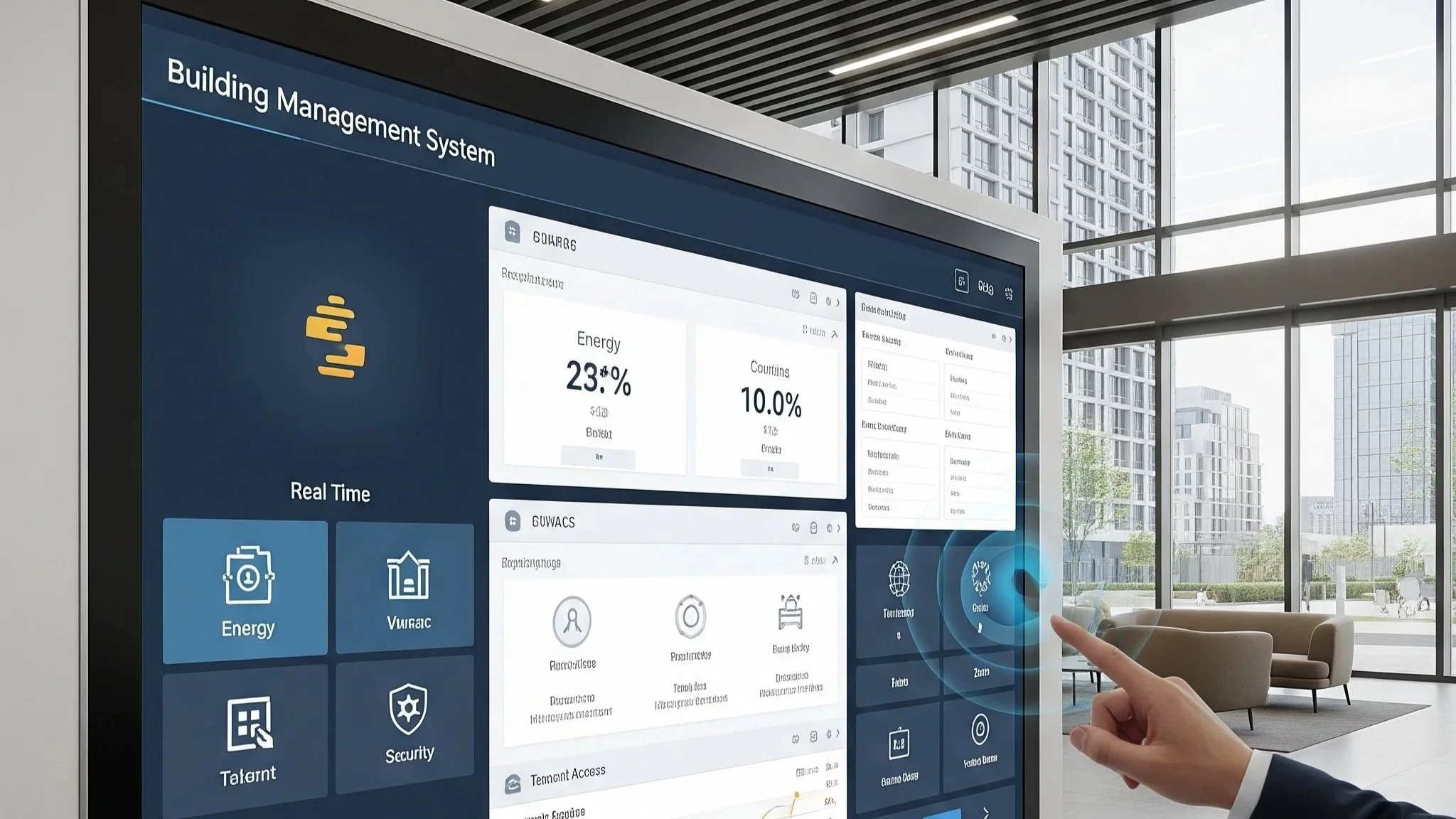Unlocking Efficiency: The Power of Building Management Systems (BMS) in Commercial Properties
In today's fast-paced commercial landscape, efficiency, sustainability, and operational control are paramount. For businesses operating in the UK, a powerful tool for achieving these goals lies in the strategic implementation of a Building Management System (BMS). As a leading electrical company specialising in advanced solutions, we frequently see how a well-integrated BMS can transform commercial properties, leading to significant cost savings, enhanced comfort, and improved environmental performance.
What is a Building Management System (BMS)?
At its core, a BMS is a computer-based control system installed in buildings that manages and monitors the building's mechanical and electrical equipment, such as ventilation, lighting, power systems, fire systems, and security systems. Think of it as the central nervous system of a commercial property, allowing for unified control and data collection from various interconnected subsystems.
The Benefits of BMS for Commercial Properties
Implementing a BMS offers a wealth of advantages for UK commercial property owners and managers:
Energy Efficiency: This is often the most compelling benefit. A BMS can optimise energy consumption by adjusting heating, ventilation, and air conditioning (HVAC) systems based on occupancy, time of day, and external weather conditions. It can also manage lighting schedules, ensuring lights are only on when and where needed. This leads to substantial reductions in energy bills and a lower carbon footprint.
Operational Cost Reduction: Beyond energy, a BMS streamlines maintenance operations. It provides real-time data on equipment performance, enabling proactive maintenance rather than reactive repairs. This minimises downtime, extends equipment lifespan, and reduces labour costs associated with manual monitoring.
Enhanced Occupant Comfort and Productivity: By precisely controlling indoor climate conditions (temperature, humidity, air quality), a BMS creates a more comfortable and healthier environment for occupants. This can lead to increased productivity and tenant satisfaction.
Improved Security and Safety: Many BMS integrate with security systems (CCTV, access control) and fire detection systems. This centralisation enhances overall building security and facilitates faster responses to emergencies.
Centralised Control and Monitoring: A single interface provides complete oversight of all integrated building systems. This ease of management allows operators to quickly identify issues, make adjustments, and generate reports on building performance.
Data-Driven Decision Making: The extensive data collected by a BMS provides invaluable insights into building performance. This information can be used to identify areas for further optimisation, benchmark performance, and justify future investments in smart building technologies.
Sustainability and Compliance: With increasing pressure to meet sustainability targets and comply with environmental regulations, a BMS helps businesses demonstrate their commitment to green practices and often aids in achieving certifications like BREEAM.
Is a BMS Right for Your Property?
Whether you manage an office block, a retail centre, a warehouse, or any other commercial property, a BMS can be a transformative investment. Our team of experienced electrical engineers can assess your specific needs and design a bespoke BMS solution that aligns with your operational goals and budget. From initial consultation and system design to professional installation and ongoing maintenance, we ensure a seamless integration that delivers long-term value.
By embracing the intelligence of a Building Management System, UK commercial properties can unlock new levels of efficiency, sustainability, and control, paving the way for a smarter, more cost-effective future.
Unlock the Full Potential of Your Commercial Property
At Carter’s Electrical Services, we specialise in professional Building Management System (BMS) installations. Our team of experienced electrical engineers is dedicated to helping businesses across the UK achieve unparalleled efficiency, sustainability, and operational control.
📞 Contact us today to book a free consultation and discover how a bespoke BMS solution can transform your commercial property.
-
The primary function of a BMS is to control and monitor the mechanical and electrical equipment within a building to optimise its performance, improve efficiency, and enhance occupant comfort.
-
A BMS saves energy by intelligently controlling systems like HVAC and lighting based on real-time data, occupancy schedules, and external conditions, ensuring resources are used only when and where needed.
-
Yes, modern BMS are designed for interoperability and can typically integrate with a wide range of existing building systems, although the ease and cost of integration can vary depending on the age and type of current systems.
-
Large commercial properties such as office buildings, shopping centres, hospitals, hotels, and educational institutions tend to benefit most due to their complex systems and significant energy consumption.
-
While large properties see the most significant returns, smaller commercial properties can also benefit from BMS, especially if they have complex HVAC or lighting needs. Scalable and modular BMS solutions are available for smaller-scale applications.
-
With proper maintenance and regular software updates, a BMS system can have a lifespan of 15 to 20 years, though individual components may need replacement sooner.
-
Yes, ongoing maintenance is crucial for optimal BMS performance. This includes regular checks, software updates, calibration of sensors, and prompt attention to any alerts or issues the system identifies.
-
While both involve automation, a BMS is designed for the complex, large-scale needs of commercial buildings with advanced control strategies, whereas smart home technology focuses on convenience and automation in residential settings.

